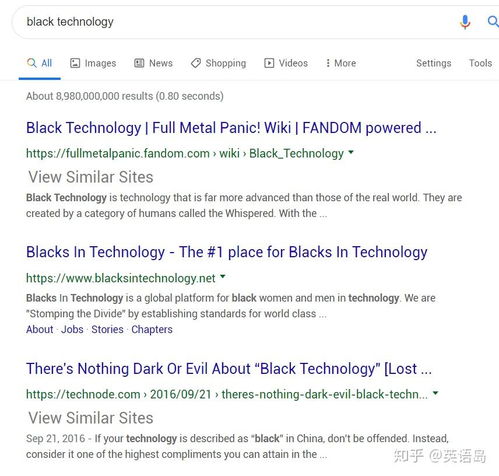How to Say 'Quotation Marks' in English
作者:佚名 来源:未知 时间:2025-02-16
In daily communication and writing, we often encounter the need to express the concept of "quoting someone's words" in English. The phrase "ldquo 联系 rdquo" in Chinese, while not directly translating to a specific English phrase due to its contextual nature, can be understood as referring to the use of quotation marks around a statement or a phrase to indicate that it is being quoted or cited. In English, this is commonly achieved through the use of double quotation marks (" ") or single quotation marks (' '). However, when discussing how to express the action of quoting in English, we use the term "quote."

When we say "ldquo 联系 rdquo 用英语怎么说?" we are essentially asking how to express the idea of quoting someone in English. The direct answer to this question is that in English, we use the word "quote" to refer to the act of repeating someone else's words exactly as they were said, usually to support an argument, provide evidence, or simply to convey what someone else has said.
To delve deeper into this topic, let's explore the use of quotation marks and the word "quote" in English.
Quotation marks in English serve a similar purpose to their Chinese counterparts, namely to enclose direct speech, titles of works, or specific terms that are being used in a non-literal sense. When using quotation marks to indicate direct speech, we are essentially "quoting" someone, which is where the term "quote" comes into play.
For example:
"He said, 'I will meet you at the park at 2 PM,'" she recalled.
In this sentence, the words inside the single quotation marks are the exact words spoken by the person being quoted.
The word "quote" can also be used as a noun to refer to the actual text or phrase that has been quoted. For instance:
The quote from the president's speech was inspiring.
Here, "quote" refers to a specific passage or phrase taken from the president's speech.
As a verb, "to quote" means to repeat someone else's words or a passage from a text verbatim. For example:
To quote Einstein, "Imagination is more important than knowledge."
In this sentence, we are using the verb "to quote" to introduce a famous saying by Albert Einstein.
It's worth noting that in formal writing, the use of quotation marks and the word "quote" should be done with precision to avoid misrepresentation or plagiarism. When quoting someone, it is important to accurately capture their words and attribute them correctly to the original speaker or author.
In addition to direct quotation, there is also the concept of indirect quotation, which involves paraphrasing someone else's words rather than repeating them exactly. While indirect quotation does not require the use of quotation marks, it still involves acknowledging the source of the information.
For example:
According to Einstein, imagination plays a crucial role in scientific discovery.
In this indirect quotation, we are summarizing Einstein's ideas in our own words, but still attributing the idea to him.
In conclusion, when someone asks "ldquo 联系 rdquo 用英语怎么说?" they are inquiring about how to express the concept of quoting someone in English. The answer to this question is that we use the word "quote" to refer to the act of repeating someone else's words verbatim, and we use quotation marks to enclose the actual words being quoted. Understanding these concepts is crucial for accurate and ethical communication in both spoken and written English.
Furthermore, as we strive to increase the exposure of our articles by incorporating relevant keywords, it is important to do so in a way that maintains the integrity and readability of the content. By naturally incorporating terms like "quotation marks," "quote as a noun," "quote as a verb," "direct quotation," and "indirect quotation" into our discussions, we can effectively target these keywords without compromising the quality of our writing.
In addition to the key terms mentioned above, we can also expand our article by discussing related concepts such as the importance of attribution in quotation, the differences between direct and indirect quotation, and the various styles of quotation (e.g., APA, MLA, Chicago) used in academic writing. By exploring these topics, we can not only target additional keywords but also provide valuable insights and information to our readers.
Remember, the key to effective SEO is to write high-quality content that naturally includes the target keywords. By focusing on providing valuable and informative content, we can increase our article's visibility and engagement, ultimately driving more traffic to our website or blog.










































